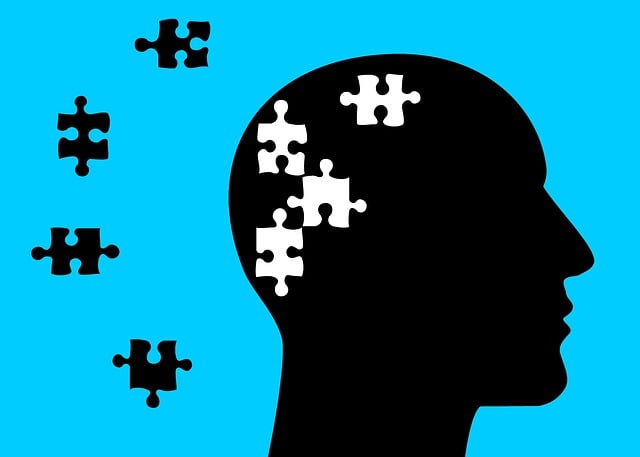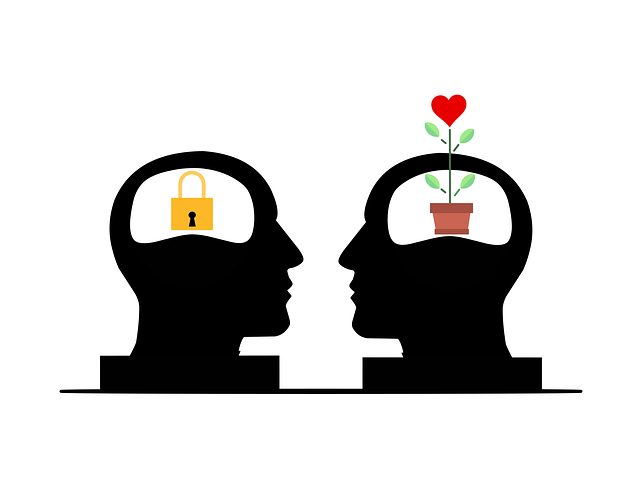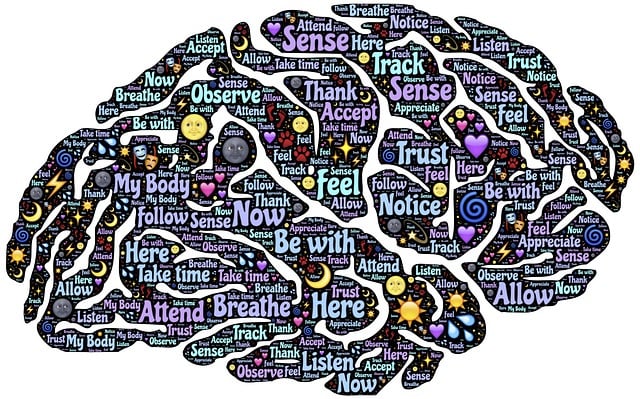Emotional intelligence (EQ) is crucial for aging adults facing life transitions, health challenges, and social changes. Arvada Geriatrics Therapy offers EQ development through tailored therapy sessions, equipping seniors with coping skills, resilience, and improved self-awareness to manage mood. Public awareness campaigns highlight the importance of EQ in geriatric care, fostering healthier relationships and empowering individuals to improve quality of life. Integrating Arvada Geriatrics Therapy into care plans provides trauma support, enhances communication between caregivers and seniors, and strengthens relationships through coping skills development programs. This holistic approach benefits both caregivers and the elderly, promoting better mental health and quality of life.
Emotional intelligence (EI) is a powerful tool for aging adults to navigate life’s challenges and thrive. This article explores the benefits of cultivating EI, focusing on its significant role in improving overall well-being. We delve into practical strategies for enhancing emotional intelligence in geriatric care, emphasizing the expertise of Arvada Geriatrics Therapy in nurturing emotional health. By understanding and implementing these techniques, seniors can foster better relationships, manage stress, and lead more fulfilling lives.
- Understanding Emotional Intelligence and Its Benefits for Aging Adults
- Strategies to Enhance Emotional Intelligence in Geriatric Care
- The Role of Arvada Geriatrics Therapy in Nurturing Emotional Well-being
Understanding Emotional Intelligence and Its Benefits for Aging Adults

Emotional intelligence (EQ) refers to an individual’s ability to recognize, understand, and manage their own emotions, as well as empathize with and navigate relationships with others. For aging adults, developing emotional intelligence can bring significant benefits. As people age, they often face various life transitions, health challenges, and social changes that can impact their mental well-being. High EQ helps in coping with these stressors by enhancing self-awareness and promoting healthy mood management strategies.
In the context of Arvada Geriatrics Therapy, emotional intelligence plays a crucial role in supporting older adults’ overall health and happiness. By fostering coping skills development through therapy sessions, seniors can learn to navigate difficult emotions and build resilience. Public awareness campaigns that emphasize the importance of EQ can also contribute to creating a supportive environment where aging individuals feel understood and empowered. This, in turn, can lead to improved quality of life and enhanced interpersonal relationships.
Strategies to Enhance Emotional Intelligence in Geriatric Care

In the field of geriatric care, enhancing emotional intelligence is a vital component of providing compassionate and effective support to older adults. Many challenges unique to this demographic can be effectively navigated through improved emotional awareness. For instance, integrating Arvada Geriatrics Therapy into care plans can offer trauma support services tailored to address past experiences that may impact an individual’s present emotional state. This holistic approach not only tackles current symptoms but also fosters a sense of safety and stability, crucial for building trusting relationships between caregivers and the elderly.
Effective communication strategies are at the heart of successful emotional intelligence development. Training caregiving staff in active listening, empathy, and non-verbal cues can significantly improve their ability to connect with residents. Moreover, incorporating coping skills development programs enables seniors to manage stress, anxiety, and even depression more effectively. These initiatives collectively contribute to a more nurturing environment, enhancing the overall quality of life for both caregivers and those they serve in geriatric settings.
The Role of Arvada Geriatrics Therapy in Nurturing Emotional Well-being

Arvada Geriatrics Therapy plays a pivotal role in nurturing emotional well-being among the elderly population. Through specialized programs tailored to address the unique needs and challenges faced by seniors, this therapy offers a safe space for individuals to explore and express their emotions. The therapists at Arvada Geriatrics are trained in various evidence-based techniques that promote mental health awareness, fostering an environment of understanding and acceptance. They facilitate conversations, engage participants in self-awareness exercises, and incorporate cultural sensitivity in mental healthcare practice, ensuring every client feels heard and respected.
One of the key strengths of Arvada Geriatrics Therapy lies in its ability to enhance emotional intelligence—the capacity to recognize and manage one’s own emotions as well as understand and empathize with others. By participating in these therapeutic sessions, seniors can develop valuable skills for navigating social interactions, resolving conflicts, and building stronger relationships. Through regular practice, they gain the confidence to express their feelings openly, leading to improved mental health and enhanced quality of life.
Emotional intelligence is a powerful tool for enhancing the quality of life, particularly for aging adults. By understanding and leveraging its benefits, as explored through strategies in geriatric care and the specialized role of Arvada Geriatrics Therapy, individuals can navigate the challenges of later years with greater resilience and well-being. Investing in emotional intelligence building is not just a personal journey; it contributes to a more fulfilling and connected community for all.














